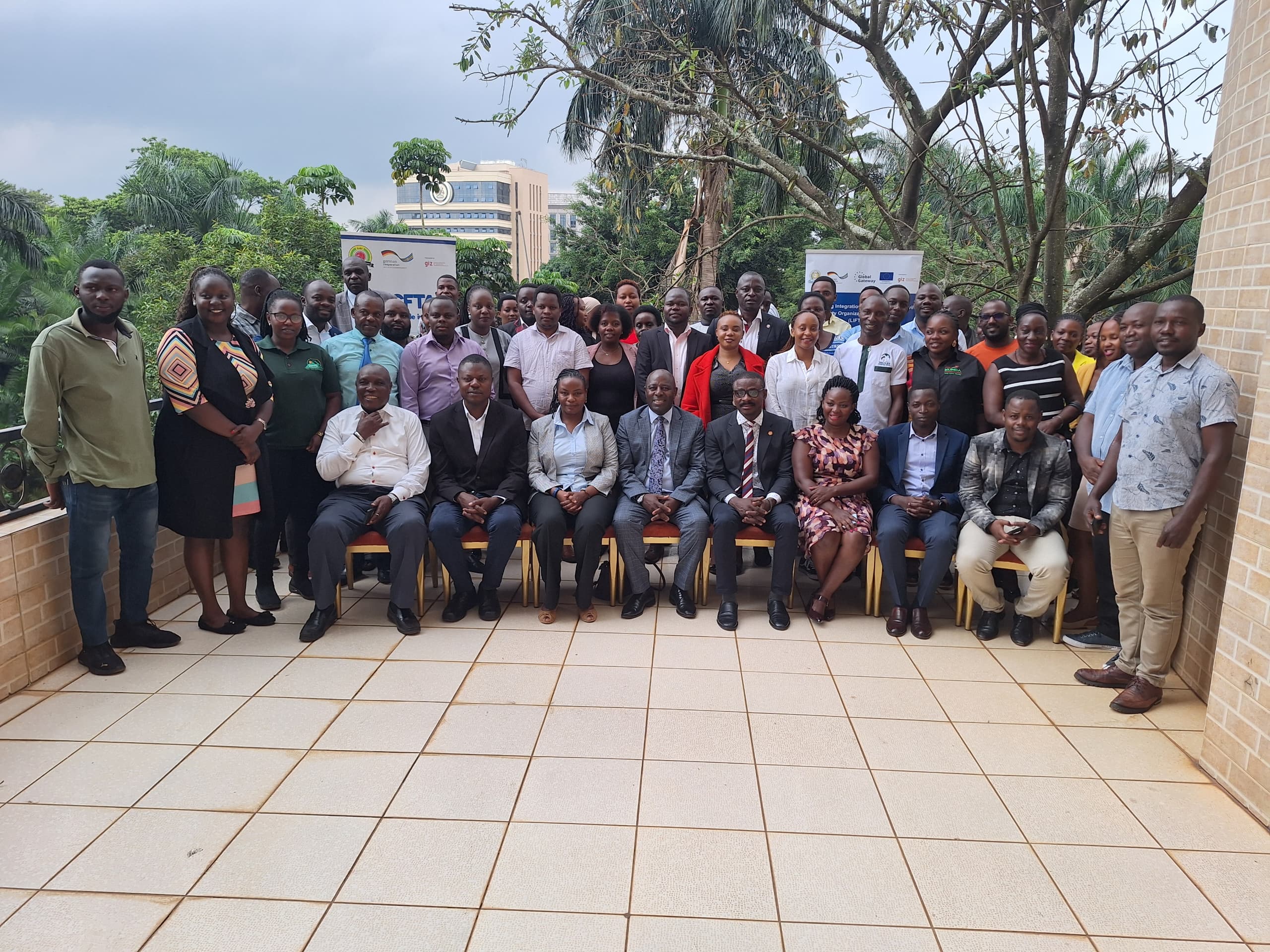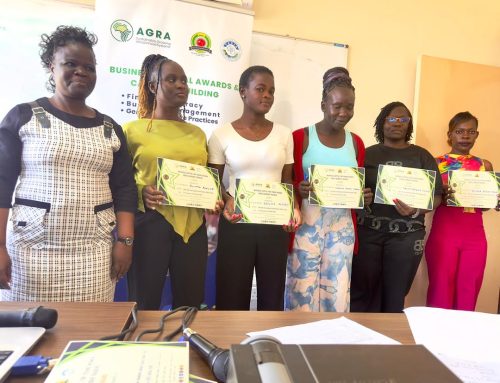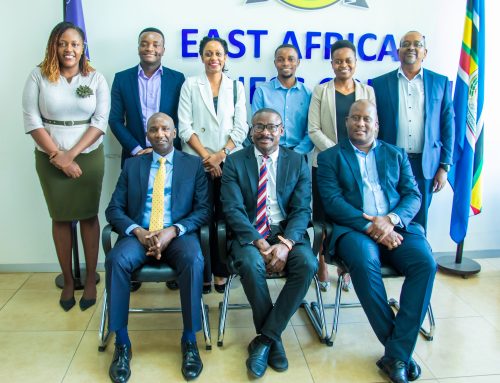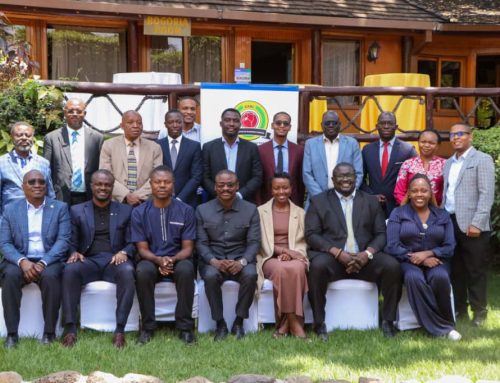Nairobi, Kenya, 21st November 2024 – The East African Business Council (EABC), in partnership with the GIZ Support to East African Integration II Programme, rolled out a two-day high-level Sensitization Workshop on the African Continental Free Trade Area (AfCFTA) Protocol on Trade in Services. The workshop focuses on tourism and transport services within the East African Community (EAC) Partner States, bringing together key stakeholders from the region’s business community and business membership organizations (BMOs).
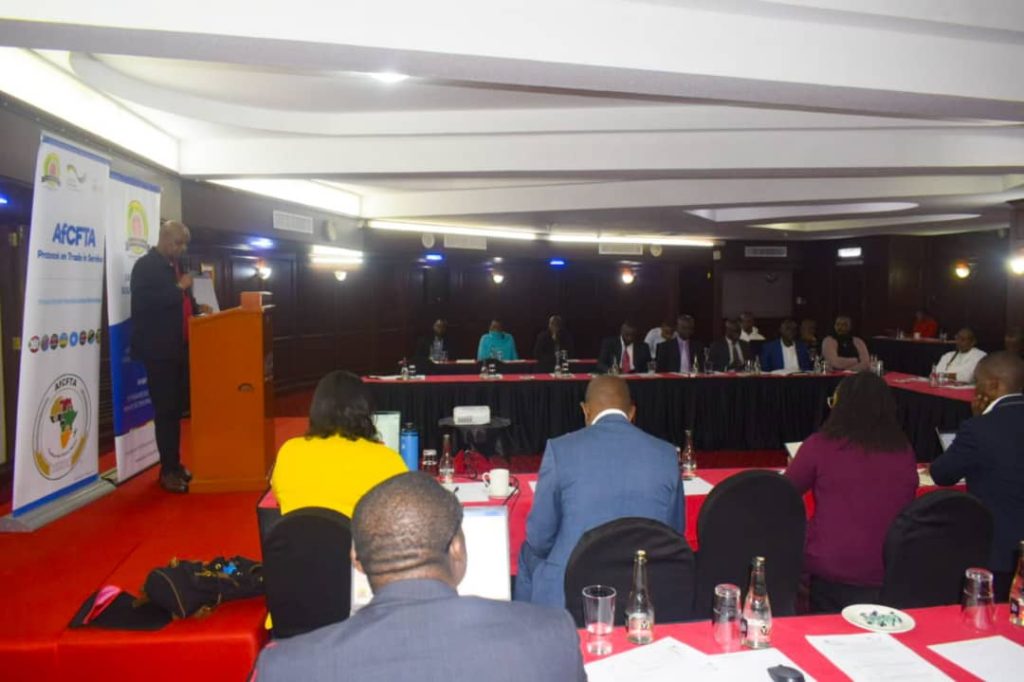 In his opening remarks, Mr. Phillipe Ndikumana, Chairperson of the Federation of East African Freight Forwarders Associations (FEAFFA), highlighted the persistent challenges faced by the transport and logistics sector, which contribute to a rise in the cost of basic commodities by more than 60%. He attributed these costs to inefficiencies and poor service delivery in logistics. Citing the 2018 World Bank Logistics Performance Index (LPI), Mr. Ndikumana noted modest improvements in the competence and quality of logistics services among EAC Partner States.
In his opening remarks, Mr. Phillipe Ndikumana, Chairperson of the Federation of East African Freight Forwarders Associations (FEAFFA), highlighted the persistent challenges faced by the transport and logistics sector, which contribute to a rise in the cost of basic commodities by more than 60%. He attributed these costs to inefficiencies and poor service delivery in logistics. Citing the 2018 World Bank Logistics Performance Index (LPI), Mr. Ndikumana noted modest improvements in the competence and quality of logistics services among EAC Partner States.
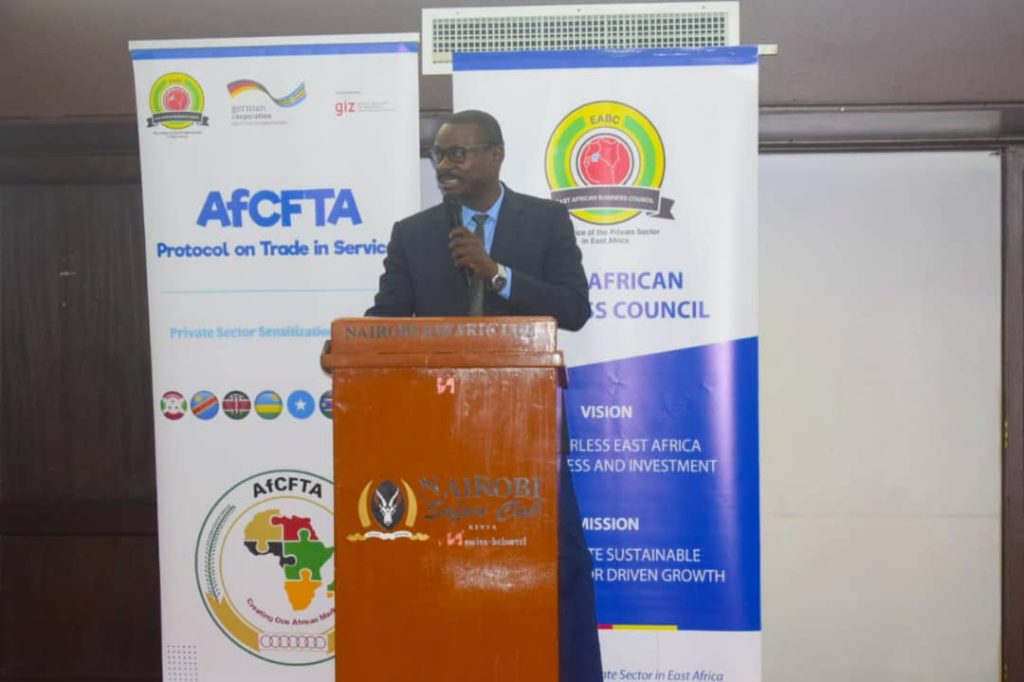 Mr. Adrian Njau, Acting Executive Director of EABC, presented insights on the performance of transport and tourism services in the region. He noted that in 2023, Tanzania led transport service exports with USD 2.4 billion (approximately 52% of total EAC exports), compared to Kenya’s USD 1.8 billion (around 39% of total EAC exports). Kenya emerged as a net exporter of transport services with a surplus of USD 0.00197 billion, exporting USD 1.802 billion and importing USD 1.782 billion worth of transport services.
Mr. Adrian Njau, Acting Executive Director of EABC, presented insights on the performance of transport and tourism services in the region. He noted that in 2023, Tanzania led transport service exports with USD 2.4 billion (approximately 52% of total EAC exports), compared to Kenya’s USD 1.8 billion (around 39% of total EAC exports). Kenya emerged as a net exporter of transport services with a surplus of USD 0.00197 billion, exporting USD 1.802 billion and importing USD 1.782 billion worth of transport services.
Regarding tourism services, Mr. Njau shared findings from the 2nd Edition of the EABC Barometer on Trade in Services in the EAC, revealing that Tanzania was the top exporter of tourism services in 2023, contributing over half of the region’s tourism export earnings at USD 3.4 billion. Kenya exported USD 1.13 billion and imported USD 0.15 billion worth of tourism services, achieving a net export value of USD 0.97 billion.
On the transport sector, Mr. Njau explained that the EAC as a bloc is a net importer of transport services. In 2023, the region imported USD 5.6 billion in transport services, against exports of USD 4.6 billion. However, at the individual Partner State level, Kenya and Tanzania stood out as net exporters due to their port advantages, while other Partner States were net importers due to their land-linked nature.
“As a result, Tanzania dominated exports of transport services in 2023, accounting for USD 2.4 billion (52% of total EAC exports), compared to Kenya’s USD 1.8 billion (39%),” Mr. Njau remarked.
Speaking on the workshop’s objectives, Mr. Njau emphasized the importance of building knowledge and understanding of the AfCFTA Protocol on Trade in Services. The workshop aims to explore its provisions, highlight the opportunities it offers, and address challenges that could arise from integrating the region into the continental trade framework.
Mr. Alexis Nzitonda, an Expert in Trade in Services from GIZ, underscored the significance of enhancing the capacity of EAC Partner States and the private sector to enable full participation in the AfCFTA agreement. He commended the collaboration between EABC and GIZ in conducting sensitization and training initiatives for EAC private sector players, which are essential for realizing the agreement’s benefits.

